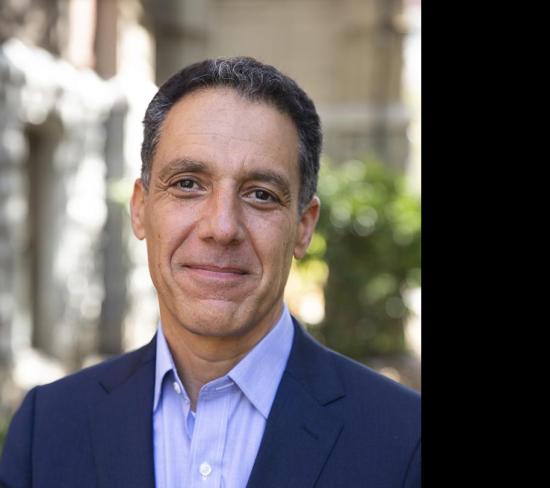From Wired
YouTube’s Plot to Silence Conspiracy Theories
By Clive Thompson
From flat-earthers to QAnon to Covid quackery, the video giant is awash in misinformation. Can AI keep the lunatic fringe from going viral?...
AFTER THE 2016 election, the tech industry came in for a reckoning. Critics laced into Facebook's algorithm for boosting conspiratorial rants and hammered Twitter for letting in phalanxes of Russian bots. Scrutiny of YouTube emerged a bit later. In 2018 a UC Berkeley computer scientist named Hany Farid teamed up with Guillaume Chaslot to run his scraper again. This time, they ran the program daily for 15 months, looking specifically for how often YouTube recommended conspiracy videos. They found the frequency rose throughout the year; at the peak, nearly one in 10 videos recommended were conspiracist fare.
“It turns out that human nature is awful,” Farid tells me, “and the algorithms have figured this out, and that's what drives engagement.” As Micah Schaffer, who worked at YouTube from 2006 to 2009, told me, “It really is they are addicted to that traffic.” ...
Another study that somewhat backs up YouTube's claims was conducted by the computer scientist Mark Ledwich and Anna Zaitsev, a postdoctoral scholar and lecturer at Berkeley. They analyzed YouTube recommendations, looking specifically at 816 political channels and categorizing them into different ideological groups such as “Partisan Left,” “Libertarian,” and “White Identitarian.” They found that YouTube recommendations mostly now guide viewers of political content to the mainstream. The channels they grouped under “Social Justice,” on the far left, lost a third of their traffic to mainstream sources like CNN; conspiracy channels and most on the reactionary right—like “White Identitarian” and “Religious Conservative”—saw the majority of their traffic slough off to commercial right-wing channels, with Fox News being the hugest beneficiary.
If Zaitsev and Ledwich's analysis of YouTube “mainstreaming” traffic holds up—and it's certainly a direction that YouTube itself endorses—it would fit into a historic pattern...
Dr. Hany Farid is a professor at the University of California, Berkeley, with a joint appointment in electrical engineering and computer sciences and the School of Information.
Anna Zaitsev is a postdoctoral scholar and data science lecturer at the School of Information.











